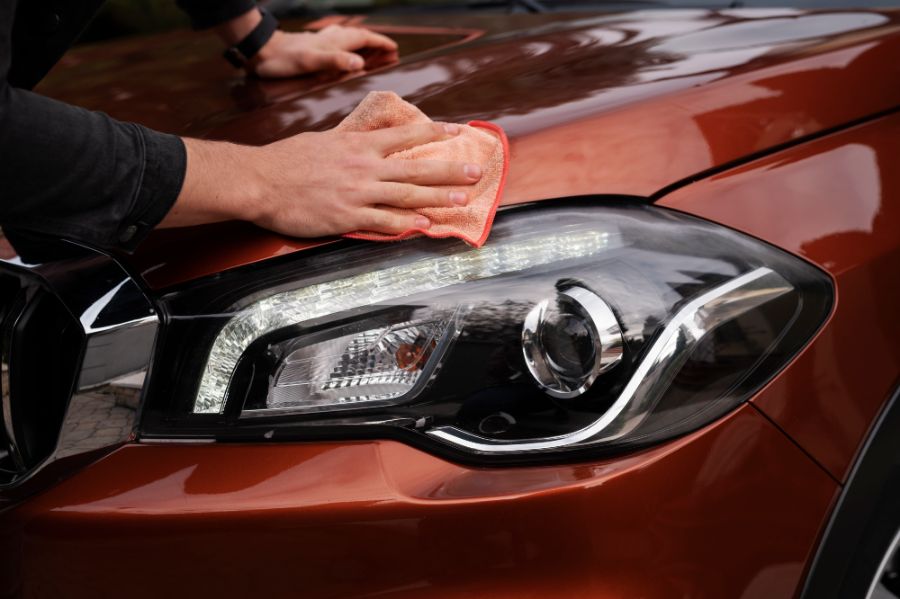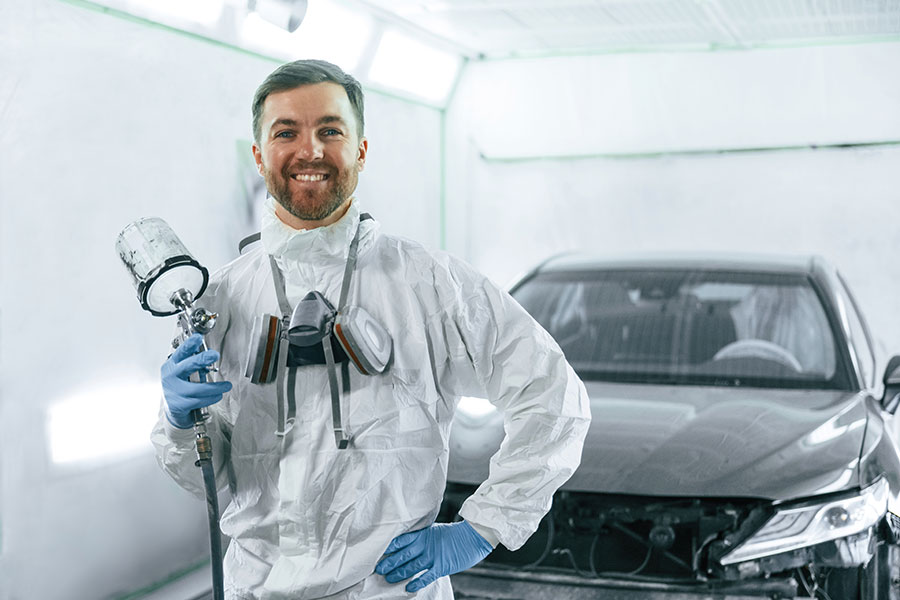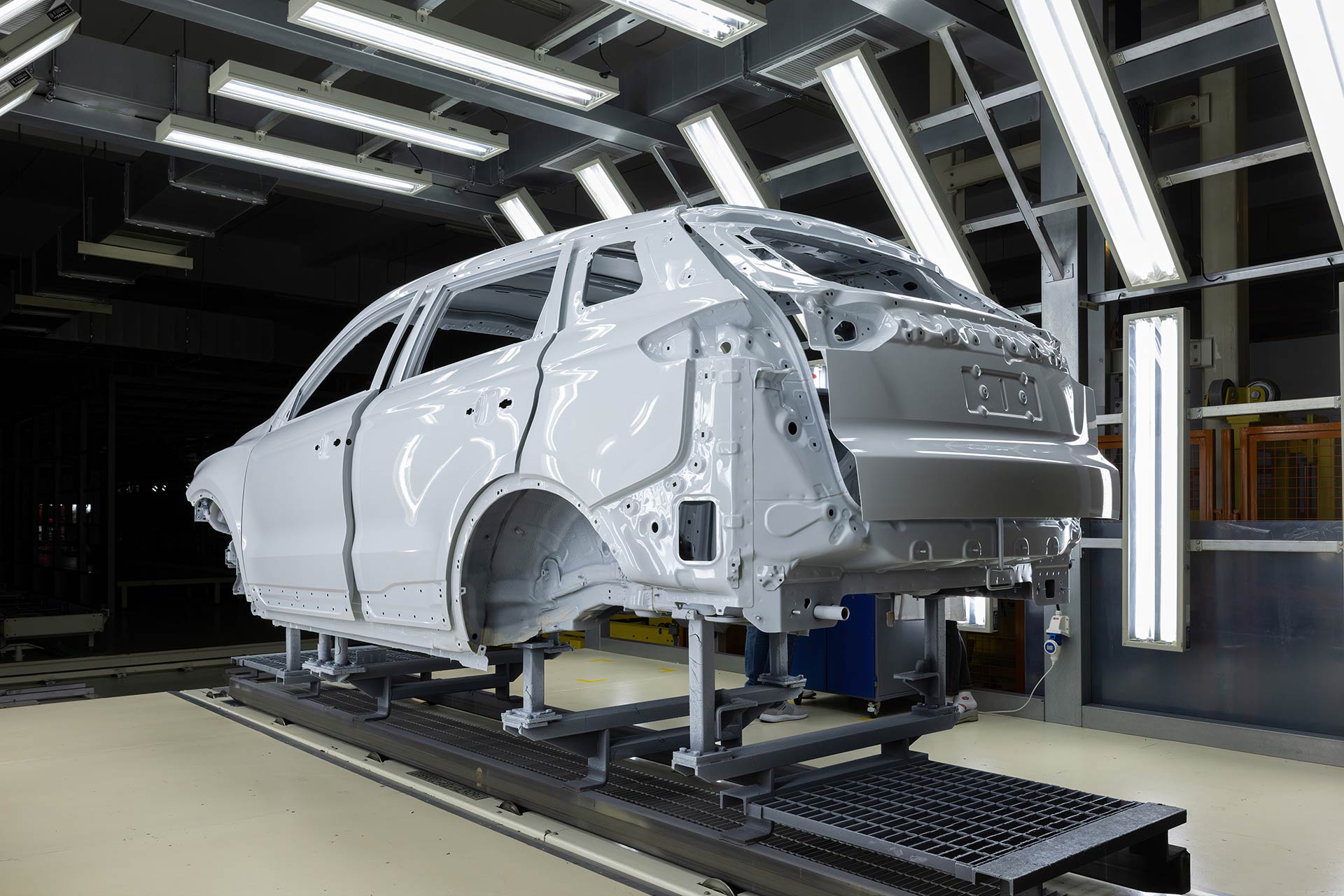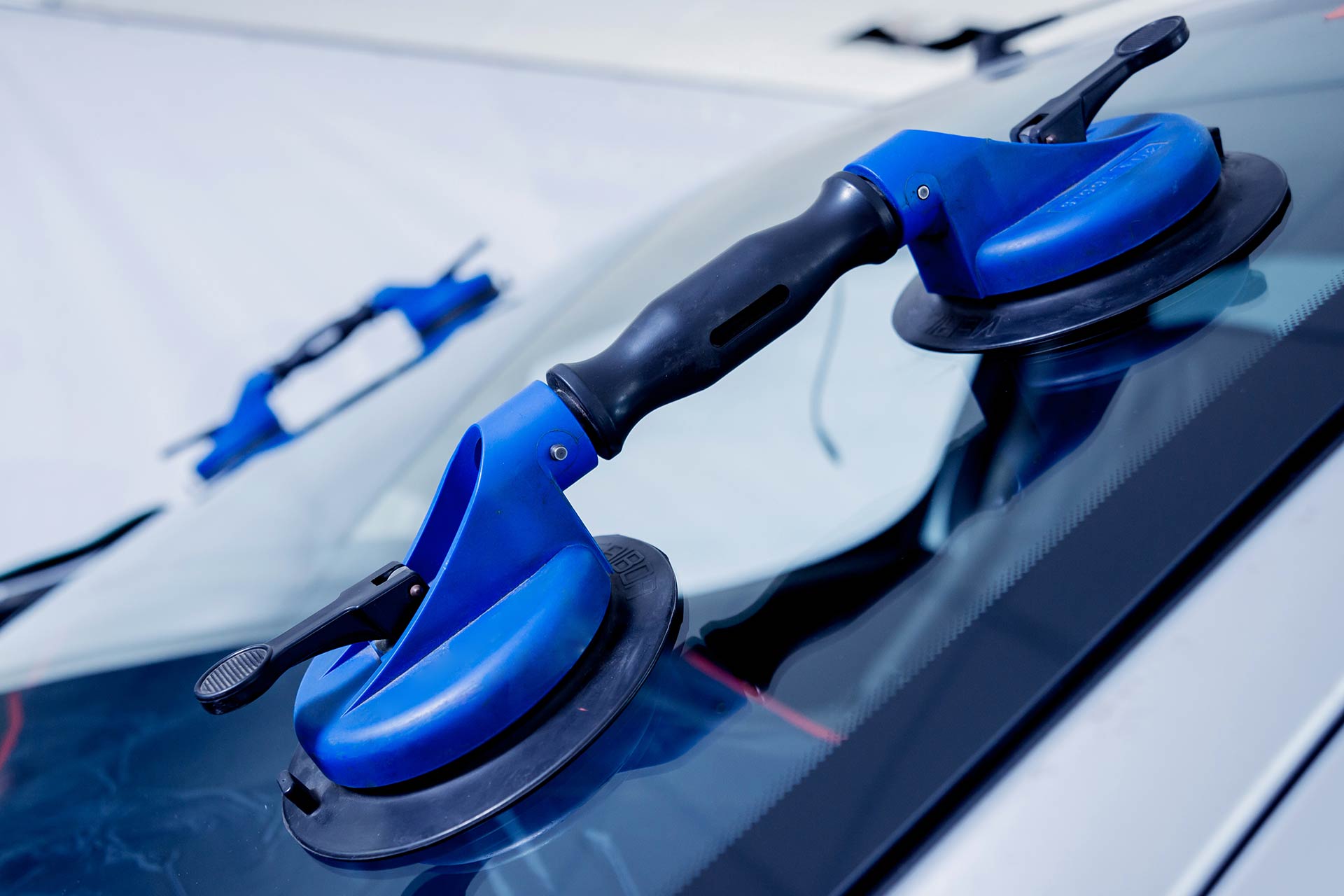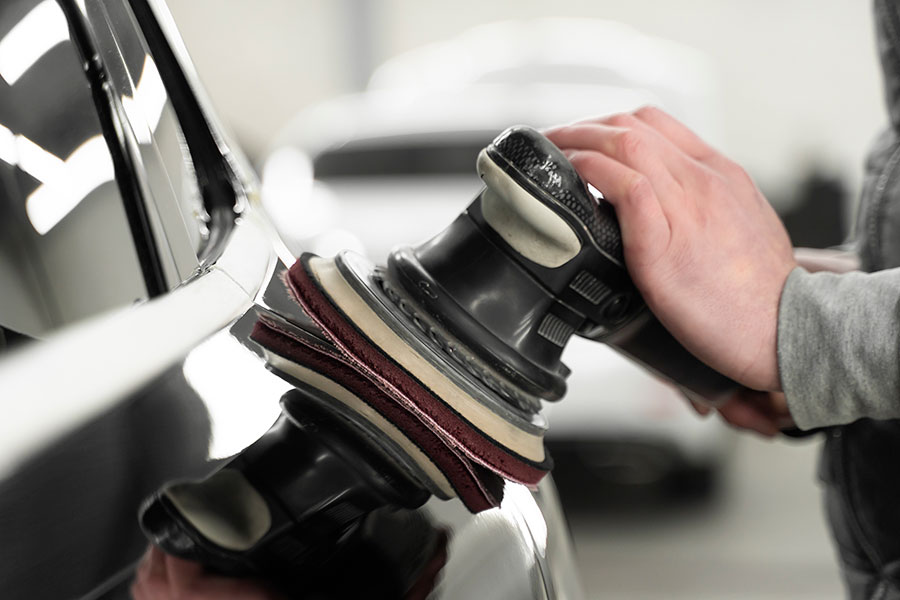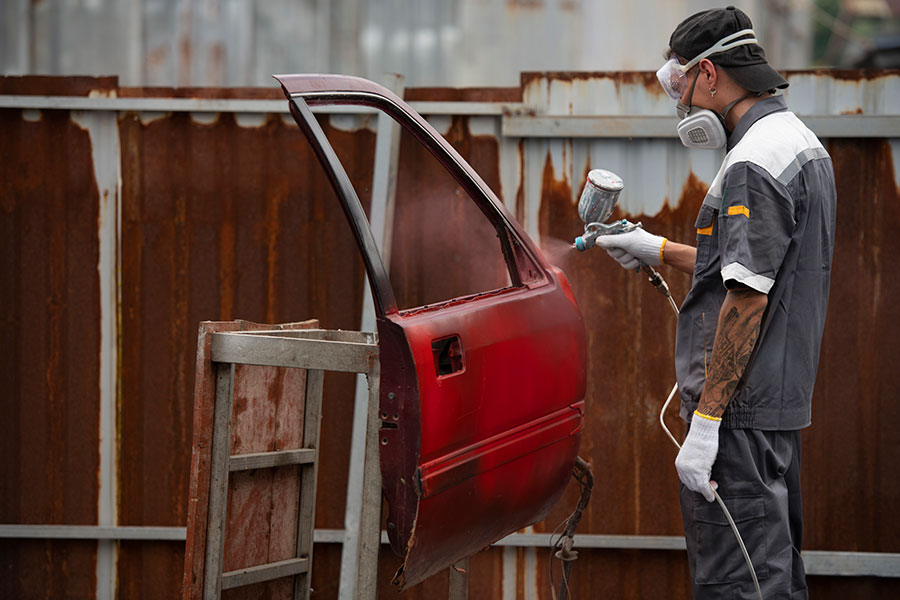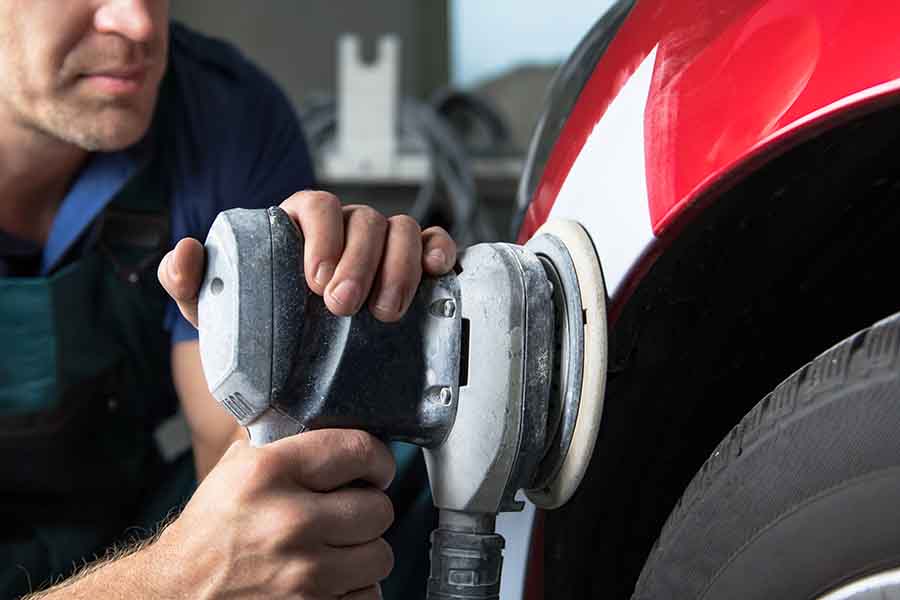Did you know that over 70% of cars on the road will need some form of auto body repair during their lifetime? That's a staggering number, highlighting the importance of understanding auto body repair warranties. When your car gets dinged, scratched, or involved in a more serious accident, knowing the ins and outs of your warranty can save you not just a lot of stress but also a significant amount of money. This blog post dives deep into what you need to know about auto body repair warranties, ensuring you're armed with the right information to protect your vehicle and your wallet. From what these warranties cover to how to ensure your repairs are guaranteed, we've got you covered.
Exploring Auto Body Repair Warranties
Warranty Coverage
Auto body repair warranties usually cover repairs and materials. They ensure that if something goes wrong with the repair job, the shop will fix it at no extra charge. This can include paintwork, labor, and replaced parts. However, it's crucial to note that warranties often have exceptions. They might not cover damage from normal wear and tear or from another accident.
Shops typically promise that the work they do will last. If a repaired area starts to show problems, like paint peeling or a part breaking down, the warranty should cover it. But, remember, warranties vary greatly. Always ask for details.
Shop vs. Dealership
The main difference between warranties from independent shops and dealerships lies in their scope and length. Dealerships might offer longer, more comprehensive warranties. This is because they have a direct line to original equipment manufacturer (OEM) parts and may adhere to stricter repair protocols.
Independent shops, on the other hand, might offer more personalized service and potentially lower prices. Their warranties can be just as solid but pay attention to the specifics. Some independent shops might use aftermarket parts which could affect the warranty terms.
Choosing between a dealership and an independent shop comes down to preference, warranty offers, and sometimes price.
Understanding Terms
Before agreeing to auto body repairs, understanding the warranty terms is essential. Not all warranties are created equal. Some cover only specific parts of the repair or have time limits. For example, a warranty might cover paintwork for one year but structural repairs for three years.
Ask questions like:
- What exactly does the warranty cover?
- How long does the coverage last?
- Are there any actions or conditions that could void the warranty?
Knowing these details helps avoid surprises down the line. It ensures you're getting the value and protection you expect from your auto body repair investment.
Debunking Common Myths
Warranty Validity
Many believe that getting your car repaired at an auto body shop will void the manufacturer's warranty. This is not true.
Car owners have the right to choose where they get their vehicle repaired without fearing the loss of their manufacturer's warranty. The law protects this choice. However, it's crucial to ensure that the repair shop uses quality parts and follows the correct procedures. They should document all repairs thoroughly.
Price vs. Duration
A common misconception is that a higher price means a longer warranty period for auto body repairs. This isn't always the case.
Some shops charge more due to their location or the extra services they offer, not because they provide extended warranties. It's important for car owners to ask about the warranty terms and not assume they correlate with the cost of repairs. Often, you can find a reasonable price and a solid warranty if you do some research.
Coverage Limits
Not all types of damage are covered under auto body repair warranties. People often think that once they have a warranty, any future issues will be fixed for free.
In reality, warranties typically cover defects in workmanship or materials. They don't usually cover damage from accidents, normal wear and tear, or environmental factors like hail damage. It's vital to understand what your warranty covers and what it doesn't before agreeing to any repair work.
Understanding Lifetime Coverage
Lifetime Meaning
Lifetime coverage in auto body repair warranties often sounds more straightforward than it is. It promises that the repair work on your vehicle will remain free from defects for as long as you own the car. However, what "lifetime" means can vary significantly between different auto repair shops and warranty providers.
This type of warranty typically covers labor and materials used in repairs. It's crucial to understand that it does not mean your car will never need repair work again. Instead, it guarantees the quality of the specific repair work done for the duration of your ownership.
Conditions Applied
Auto body repair warranties with lifetime coverage come with their fair share of conditions and limitations. Most importantly, these warranties usually only apply to specific parts or types of repair work. For instance, paint jobs might be covered under a lifetime warranty, but mechanical repairs could have different terms.
Moreover, transferability is a major limitation. If you sell your car, the lifetime warranty often doesn't transfer to the new owner. This aspect is crucial for understanding the real value of such warranties. Some warranties require regular maintenance checks at the shop that provided the warranty to remain valid.
Record Keeping
Keeping detailed records is paramount when dealing with lifetime warranties in auto body repairs. Documentation should include all communications with the service provider, detailed invoices, and proof of any follow-up services related to the warranty claim.
Records serve as evidence of compliance with warranty conditions and can be invaluable if a dispute arises over warranty coverage. They also help ensure that you don't forget about the warranty's existence or its specific requirements over time.
Importance of Quality Work
Quality Workmanship
Quality workmanship is crucial in auto body repair. It ensures repairs last longer and your car looks good as new. Skilled technicians use advanced techniques to restore your vehicle's integrity. They match the paint perfectly, ensuring no signs of damage remain.
Quality repairs can extend your car's life. They prevent rust and other long-term issues. This means fewer visits to the repair shop over time. It saves you money and keeps your car on the road longer.
OEM Parts
Using OEM parts is key for warranties. These parts come from your car's manufacturer. They fit and perform exactly like the original parts. Many warranties require using OEM parts for repairs. This ensures the repaired area works well with the rest of your vehicle.
OEM parts maintain your car's value. They also keep it running smoothly. This is important for safety and performance. Using these parts can make a big difference in how well your car drives after an accident.
Cost Savings
High-quality repair work brings significant cost savings over time. It might seem more expensive at first. But it prevents future problems that could cost more to fix. High-quality repairs use the best materials and techniques. This means they last longer than cheaper options.
Investing in quality work now can save you money later. It reduces the need for frequent repairs. Your car stays in better condition, preserving its resale value.
Legal and Professional Guarantees
Legal Obligations
Auto body repair shops have legal obligations under warranty agreements. They must fix cars to meet specific standards. If they don't, they must correct their work without extra cost. This is a promise to customers.
Shops also follow laws about how long warranties last. Most times, this period is one year. During this time, if something goes wrong because of the repair, the shop has to fix it for free.
Professional Certifications
Choosing a shop with professional certifications offers big benefits. These shops have proven they meet high standards. Certifications often mean better skills and more reliable repairs.
Certified shops also offer stronger warranties. This is because they trust their work more. Customers feel safer choosing these shops.
Guarantees vs Warranties
Guarantees and warranties are not the same. A guarantee is a promise that a product will work as said. If it doesn't, you get your money back or a free repair.
Warranties are more formal. They are written agreements that cover specific parts and labor for a set time. Warranties offer more detailed protection than guarantees.
Both protect customers, but in different ways. Guarantees offer immediate peace of mind. Warranties provide longer-term security.
Benefits of Warranty Protection
Peace of Mind
Warranties offer drivers a safety net. They know their vehicle is protected against unexpected failures. This assurance means less worry about repair costs. It's comforting to know that if something goes wrong, the warranty has it covered.
With a warranty, car owners can enjoy their vehicles more. They don't have to stress over every strange noise or minor issue. Instead, they trust in the coverage provided.
Resale Value
A car with a transferable warranty is more appealing to buyers. It suggests the vehicle has been well-maintained. This assurance can increase the resale value of a car.
Buyers are willing to pay more for a vehicle that comes with this kind of protection. It gives them confidence in their purchase. They feel they're getting a reliable car that's worth their investment.
Savings on Repairs
Warranties can lead to significant savings on future repairs. If a car develops issues under warranty, repair costs are often covered. This benefit can save car owners hundreds, if not thousands, of dollars.
The cost of parts and labor for auto body repairs can be high. But with warranty protection, these expenses may not come out of the owner's pocket. It's a financial relief many appreciate.
Warranty Types and Coverage
Limited Warranty
Limited warranties offer basic protection for auto body repairs. They cover specific parts or labor but not everything.
For example, a warranty might cover paint jobs but not damage from accidents. It's essential to check what's included. Some limited warranties also have time restrictions, like 12 months or 12,000 miles, whichever comes first.
Full Coverage
Full coverage warranties provide more comprehensive protection. They usually include most parts and labor associated with auto body repair.
However, they can be pricier than limited options. With full coverage, car owners can enjoy peace of mind knowing most issues will be covered. Always read the fine print to understand the scope fully.
Deductibles Explained
Deductibles play a crucial role in auto body repair warranties. They are the amount you pay out of pocket before the warranty covers the rest.
Lower deductibles often mean higher premium costs, but less financial stress when repairs are needed. It's a balance between upfront costs and potential savings on future repairs.
Exclusions Highlighted
Understanding what is not covered by a warranty is vital. Common exclusions include wear and tear, environmental damage, and modifications not approved by the manufacturer.
Knowing these details helps avoid surprises during repair claims. It's important to ask questions and get clarity on any unclear terms.
Choosing the Right Warranty
Compare Offers
When you're looking at different auto body repair shops, it's smart to compare their warranty offers. Look not just at the length of the warranty but also what it covers. Some warranties might cover everything from paint jobs to small dents, while others have more limitations.
Ask each shop for a written copy of their warranty. This makes it easier to see the differences side by side. Remember, a longer warranty isn't always better if it doesn't cover the services you need most.
Read the Fine Print
Reading the fine print on a warranty can save you headaches later. It tells you exactly what is covered and what isn't. For example, some warranties might not cover damage caused by natural disasters or normal wear and tear.
Don't be afraid to ask questions if something isn't clear. A good repair shop will be happy to explain their warranty terms to you. They understand that clarity about what's covered can give you peace of mind.
Ask Questions
Asking questions is key when choosing a warranty. Find out if there are any actions that could void your warranty. Sometimes, doing repairs at another shop or failing to follow maintenance schedules can affect your coverage.
It's also wise to ask how the shop handles warranty claims. Do they offer a loaner car while yours is being repaired? How long do repairs under warranty typically take? Knowing these details upfront can help you make a more informed decision.
Consider Reputation
The reputation of the repair shop is just as important as the warranty itself. A shop with good customer reviews is likely to stand behind their work and honor their warranty promises.
Look for reviews online or ask friends and family for recommendations. A shop that has been in business for many years and has a solid track record is often a good choice.
Customer reviews can also give you insight into how well the shop communicates with customers and handles any issues that arise. This is crucial for a smooth warranty process should you need to use it.
Summary
Navigating auto body repair warranties doesn't have to be a maze. You've seen the ins and outs, from busting myths to understanding lifetime coverage and the importance of quality work. Knowing the types of warranties and what coverage suits your needs best can save you time, money, and headaches down the road. It's all about protecting your ride with the right warranty, ensuring peace of mind on every journey.
Don't let warranty woes sideline you. Take action now. Choose a warranty that offers solid protection and fits your budget. Remember, a good warranty not only safeguards your vehicle but also boosts its value over time. Ready to roll with confidence? Dive deeper into your options and secure that perfect warranty today. Your car deserves it, and so do you.
Frequently Asked Questions
What are auto body repair warranties?
Auto body repair warranties are guarantees provided by repair shops or manufacturers, covering the cost of any additional repairs needed due to defects in workmanship or materials.
Can I get a lifetime warranty on auto body repairs?
Yes, some auto body repair shops offer lifetime warranties, but coverage varies. Ensure you understand what "lifetime" covers in your agreement.
What myths exist about auto body repair warranties?
Common myths include the belief that all warranties offer complete coverage for any issue and that they're transferable between vehicle owners. Both notions are often incorrect.
Why is quality work important for warranty protection?
Quality work ensures repairs last, reducing the need for future fixes under warranty. It also helps maintain your vehicle's value and safety.
Are there different types of warranties for auto body repairs?
Yes, warranties can range from limited to lifetime coverage, and may only cover specific parts or labor. Understanding the differences is crucial when selecting a warranty.
How do I choose the right warranty for my auto body repair?
Consider factors like the length of coverage, what's included (parts and labor), and if the warranty is honored nationwide. Choose one that offers comprehensive protection and peace of mind.
What benefits do warranty protections offer for auto body repairs?
Warranties protect against additional costs from future repairs due to faulty workmanship or materials, offering peace of mind and potentially saving money over time.

